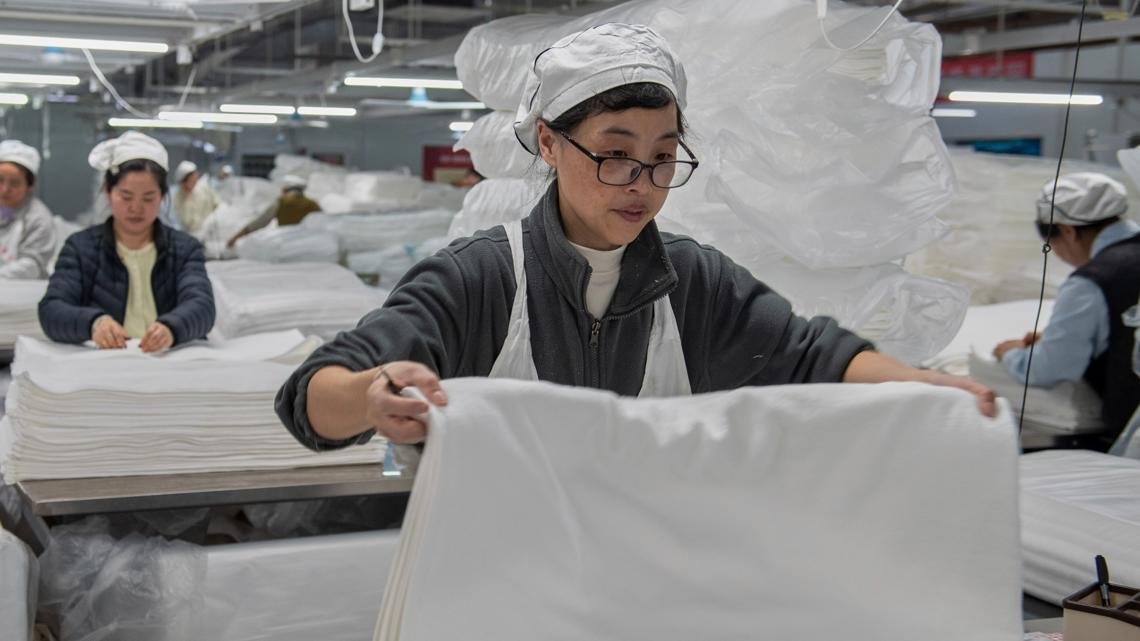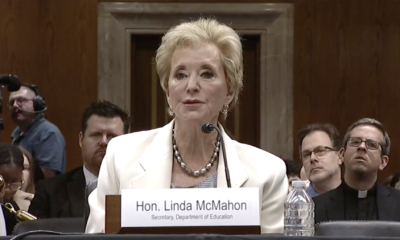Business
China Strikes Back: A Bold Response to Trump’s Tariff Aggression

BEIJING, China — In a significant move, China announced it will impose a 34% tariff on all U.S. imports starting April 10. This decision marks the country’s response to President Donald Trump’s recent tariffs, termed “Liberation Day,” which include similar rates on Chinese exports.
The Chinese Commerce Ministry highlighted these tariffs as a countermeasure to what it views as unfair trade practices. In conjunction with these tariffs, further export controls have been set on critical rare earth minerals, essential for high-tech applications including computer chips and electric vehicles. Notably, this includes samarium, used in aerospace, and gadolinium, utilized in MRIs.
In a related development, China has suspended imports of chicken from certain U.S. suppliers due to the presence of furazolidone, a banned drug. Additional issues were reported regarding mold in sorghum and salmonella in poultry imports, affecting companies including C&D Inc.
Furthermore, 27 additional firms have been added to China’s sanctions list, including significant players in the defense and logistics sectors. High Point Aerotechnologies, for example, is now barred from exporting dual-use goods.
Beijing has also taken the step of filing a complaint with the World Trade Organization (WTO) regarding the tariffs imposed by the U.S., arguing that they violate international trading rules and undermine global economic stability. The Commerce Ministry condemned these tariffs as unilateral bullying tactics detrimental to the international trade order.
Alongside punitive tariffs, China is also conducting an anti-monopoly investigation into DuPont China Group and an anti-dumping probe targeting X-ray tubes sourced from the U.S. and India.
This escalation follows China’s earlier tariff announcements, including a 15% tax on coal and liquefied natural gas imports, alongside a 10% tariff on crude oil and agricultural machinery.
Trade tensions continue to rise, with numerous U.S. and Chinese companies facing increased scrutiny regarding their investments and trade operations. Despite these frictions, military officials from both nations recently met in Shanghai, marking a constructive effort to address safety concerns on maritime operations.


















